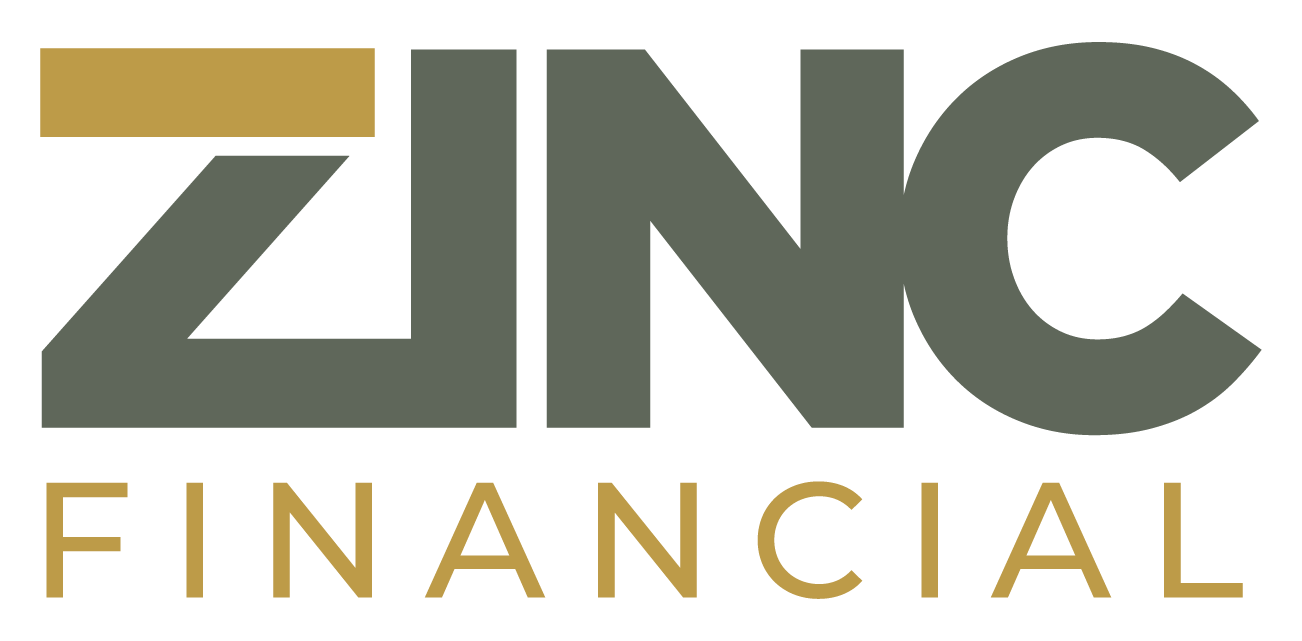In the world of house flipping, there is a lot of jargon and lingo being thrown around casually in conversation. If you’re a newcomer, or simply trying to understand the language a little better, take a look at some of the most common terms you’ll encounter on your journey of flipping a house.
After Repair Value (ARV)
The After Repair Value of a home is the estimated worth of the property after all of the necessary renovations are completed. To determine the after repair value, it is important to walk through a property with a contractor to identify any and all problems that need to be remedied. Use the estimated cost as a probable value of your finished flip.

Comps
When flipping a house, it is important to know how much to spend and how much you can earn. Comps are houses similar to your property that are either on sale or were recently sold. There are websites available to perform these comps for you. They will look up nearby properties and compare them to yours. Using comps, you can find the going-rate for homes like the one you’re flipping.
Distressed Properties
According to realtor.com, distressed properties are “homes whose owners cannot maintain them. Either these properties suffer from neglect and are in poor condition, or they are at risk of foreclosure due to non-payment of mortgage and/or taxes.” Distressed properties are what many house flippers look for when trying to find their next project. These homes are fixer-uppers and typically cost less due to their less-than-stellar conditions. 
Hard Money Lenders
Hard money lenders are flipper’s best friends. These lenders can fund a renovation in a fraction of the time it takes to get a mortgage in the traditional sense. Hard money lenders are private businesses (and occasionally individuals) who will loan you money for all of your house flipping needs. While the interest rates of hard money lenders are usually higher than those of a bank, the process to get the money is drastically shortened, meaning you can get money to quickly act on a listing you’re interested in.
30-60-90 Pre-NOD List
This list is generated by property data companies and compiles properties whose owners are 30, 60, or 90 days late on their mortgage. The 30-60-90 pre-NOD list is great for flippers looking to get a jump on purchasing the most-promising properties. The term “pre-NOD” means that the listing has not yet filed a Notice of Default, meaning that the property is not yet available for viewing to the general public. Flippers that use the 30-60-90 pre-NOD list get their pick of the best upcoming properties before the general public even knows they’re available.  These are just five of the most common house flipping terms used by the pros. To learn more flipper lingo, check out this glossary: https://bsyl.ink/RealEstateGlossary. If you interested in flipping a house, contact Zinc Financial today to get the loan you need. Feel free to contact us at any time – we’re happy to answer any questions you may have.
These are just five of the most common house flipping terms used by the pros. To learn more flipper lingo, check out this glossary: https://bsyl.ink/RealEstateGlossary. If you interested in flipping a house, contact Zinc Financial today to get the loan you need. Feel free to contact us at any time – we’re happy to answer any questions you may have.


